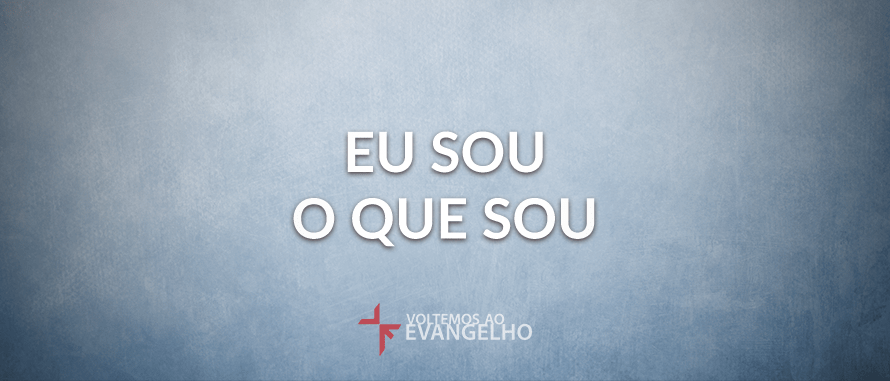One of the most significant events in the life of the Lord’s people in the history of redemption is the exodus; However important the exodus is, it is even more important for us to see that in Exodus 3, God reveals the majestic magnificence of his It is a magnificence containing two glorious truths, inextricably united, without which the Christian God could not be understood or worshipped. As important as Israel’s salvation from Egypt is, it could only be properly understood if it is framed in the revelation of God’s Double Character, expressed by God’s own declaration and revealed in the burning bush.
When God comes to Moses, does He announce himself as: the God of your father, the God of Abraham, the God of Isaac, and the God of Jacob?(Exodus 3. 6). Here, God identifies himself as the God of the covenant, who initiated a sovereign relationship with his people. The first thing God wants Moses to recognize is that he is a God who is with his people (v. Deliver him from Egypt (v. 8) and he has redeemed him for the purpose of worshipping him alone (v. 12). God fulfills the purpose of his covenant with Israel through Moses. Moses recognizes the unique burden of this call of God. Then he hesitates. He’s looking for a way out. First it points to its own inadequacy (?Who am I?; V. 11), and God indicates his full sufficiency (?Will I be with you?; V. 12).
- But then Moses asks for something that.
- At first glance.
- May seem strange: he wants to know Dieu’s name.
- The reason he asks for the name of God is that.
- As we see in the Old Testament.
- Someone’s name often refers to Moses asking God for a revelation of his character so that Israel knows that he who called Moses is sufficient.
- He can deliver the promised deliverance.
What name does God give Moses?It is a revelation of God’s total and complete sufficiency in himself. It is a revelation of God’s cleansing. Only he is himself (for himself). God, and only God, depends on nothing, and this means, for Moses and For Israel, that God does not depend on Pharaoh’s cooperation in fulfilling what He has promised.
That name of God I am, is the root form of the name Yahweh. John Calvin correctly says that this name is given to us in the Old Testament, so that our minds may be filled with wonder when the incomprehensible essence of God is mentioned. The “incomprehensible essence”, given in the name of Yahweh, is mentioned more than 5,000 times in the Old Testament. In Exodus 3, therefore, God identifies Himself in two ways. He tells Moses that he is the God of the covenant, that he is with his people, and that he is the God who exists in himself, that he needs nothing to be who he is and to do what he plans to do.
This brings us to the burning bush. The purpose of this miracle was not simply to amaze Moses; it was to show the double character of God, which he himself had announced to Moses. The burning bush illustrates what theologians call the transcendence and immanence of God. The revelation of the burning bush was a revelation that the? I am? it is and will always be completely independent and sufficient in itself. Is he fully and completely God even when he promises and plans to descend? (Exodus 3. 8) to be with his people and redeem them. The burning bush points to this climactic revelation of who is totally and completely the God who exists in himself. This brings us back to Jesus Christ himself (Matthew 1,23; 28,20). The revelation of God’s dual character in Exodus 3 is essential to the understanding of all who seek to engage in the biblical task of apologetics. No other religion on the face of the earth recognizes this type of God. The faith we defend is totally unique. It begins and ends with the revelation of this majestic mystery of God’s character that is given to us in Holy Scripture.
By: K. Scott Oliphint. © 2016 Ligonier. Original: GOD
This article is part of the January 2016 edition of Tabletalk magazine.
Translation: Joel Pedro Cavani Review: Yago Martins © 2016 Faithful Ministério All rights reserved. Website: MinisterioFiel. com. br: I AM WHAT I AM
Authorizations: You are authorized and encouraged to reproduce and distribute this material in any format, provided that the author, his ministry and translator are no longer no longer modified and not used for commercial purposes.

